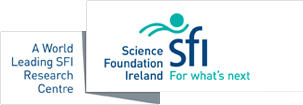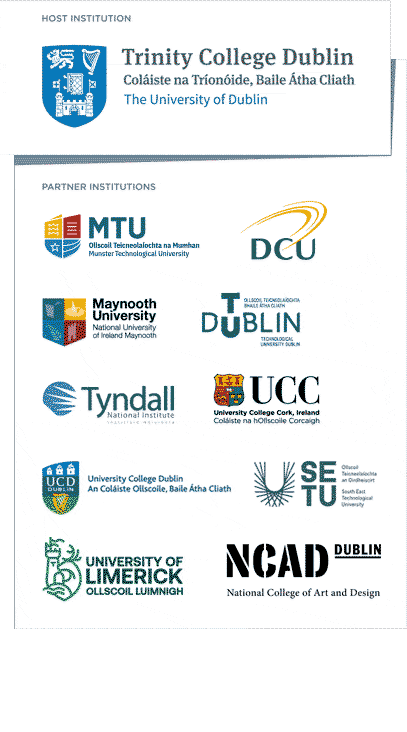Marco Ruffini, Assistant Professor at the School of Computer Science and Statistics and CONNECT Principal Investigator at Trinity College Dublin, gives some career advice…
How did you get to this point in your life?
Not by planning! I could never make or stick to a long term plan. I always made choices as they presented themselves. Often I ended up going for the more challenging option…I always tried to put myself out of my comfort zone, to the point where that became my only comfortable place. I probably found comfort in knowing that I wasn’t going to miss out on something by not being afraid to try.
Is there anything about life that you didn’t expect?
I never expected anything really and I never took for granted that I would get to the end of what I started. So every time I got there was a pleasant surprise. During my PhD I was always afraid I wouldn’t be able to get to the end of it, which pushed me to put a lot of extra work on it.
Tell us about an experience that taught you a life lesson.
A few times that I felt overly confident about something and I ended up making a fool of myself, once I did that in my final year in college in front of the entire class of my telecommunications lab.
I’ve now learned to be in the state of mind where if I notice that I’m feeling too confident about an event, such as a presentation or talk, I know that it’s not a good sign, and it means I need to explore it more because I’m surely missing something. Doubt is a powerful ally…it’s only through doubting myself that I get pushed to find out more, and that really helps in being able to creatively respond to unexpected questions or comments.
What do you think could be the next defining trend in technology?
I really don’t know, but here’s one thought. If we look at the past, successful inventions have been those that have either prolonged our life, increased our productivity or else made us feel more connected to others and to the world in general. If we look back, trains, automobiles, planes, radio, TV, Internet, Skype, social media, and the greatest technology of all times, pubs, are those that really are the centre of our lives and economy. I think there is more to come in enhancing our experience within our cities and local environment. Although there is a lot of buzz around this, I don’t think we have found the next big innovation in this area.
What’s the best piece of life advice you have ever received?
I don’t think I ever received any meaningful or useful verbal advice. But I learned a lot observing a few great people that I had the opportunity and pleasure to meet. One thing I learned is to be the first to make a generous move towards someone you meet through your professional or social environment. It goes a long way in creating a good and positive environment around you and it’s often paid back by even more generosity. Sometimes it isn’t, but it’s not an exact science and the challenge is to try and make it second nature.
Tell us about your research. What do you enjoy most about it?
I enjoy the independence: no one can tell you what you should do next and it’s only up to you to find out. I found this to be at the same time the most thrilling and scary part of academic work. Sometimes I think it would be much more comfortable to follow the directions of someone more senior without the apprehension of making an uncertain choice. But then who can say that would be the right choice? Plus as I mentioned I’ve learned to be more comfortable outside my comfort zone.
CONNECT is the world leading Science Foundation Ireland Research Centre for Future Networks and Communications. CONNECT is funded under the Science Foundation Ireland Research Centres Programme and is co-funded under the European Regional Development Fund. We engage with over 35 companies including large multinationals, SMEs and start-ups. CONNECT brings together world-class expertise from ten Irish academic institutes to create a one-stop-shop for telecommunications research, development and innovation.
Humans of CONNECT


